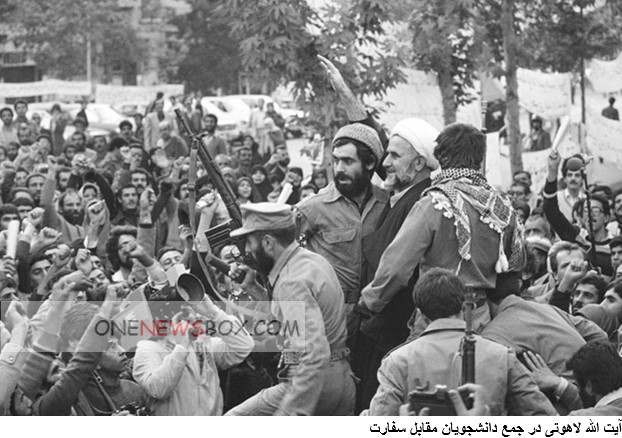The U.S. maintained that the Shah – who was to die less than a year later, in July 1980 – had come to America for medical attention. The chaos of the crisis and isolation may have emboldened Saddam Hussein to invade, sparking a devastating war. Many countries became more cautious in their dealings with revolutionary movements and in protecting their diplomats abroad. Some nations in Africa, Asia, and Latin America sympathized with anti-imperialist stance, even while condemning the hostage-taking itself.
Some struggled with post-traumatic stress disorder (PTSD), strained marriages, and difficulties resuming their careers. The U.S. hardened its stance on hostage situations, influencing policy for decades. The crisis accelerated the development of specialized military units like Delta Force and later the establishment of the State Department’s Bureau of Diplomatic Security. Washington imposed long-term sanctions, laying the groundwork for decades of hostile relations.

